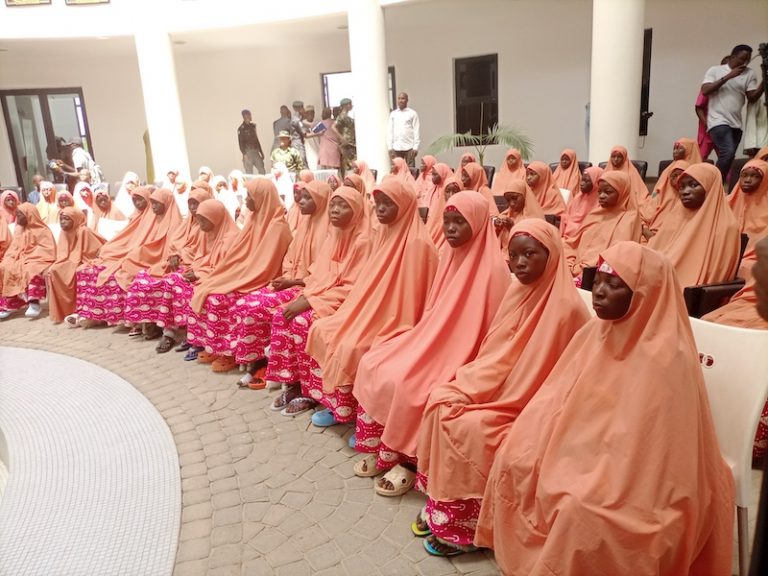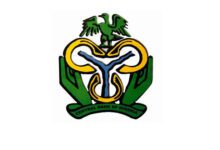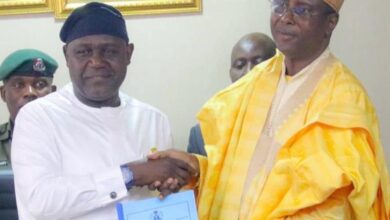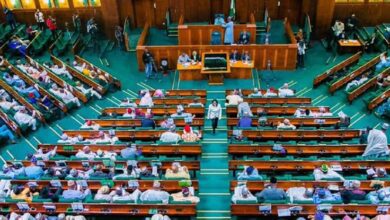137 Kaduna Students Released Without Ransom Payment -FG

The Federal Government has stated that no ransom was paid in the release of the 137 school children kidnapped from Kuriga, Chikun Local Government Area of Kaduna State.
Minister of Education, Professor Tahir Mamman, disclosed this on Monday, March 25, 2024 in Abuja.
Mamman gave the information while declaring open a two-day capacity building workshop for desk/liaison officers of Federal Ministry of Education, Departments, Parastatals, Tertiary Institutions And Federal Government Colleges on the Implementation of the ministerial deliverables and roadmap for the education sector.
“We wanted our children back. No ransom was paid for their release”, Prof. Mamman said.
He applauded the security agencies including Office of the National Security Adviser, Kaduna State Government for their roles in ensuring the safe release of the children.
He further asked that a 30-second silence and prayer be offered for the teacher who lost his life in the incidence.
Prof. Mamman also informed that the Federal Government had concluded plans to conduct a census of all schools in the country.
Disclosing that the data would be collected through a Public Private Partnership to be signed early April, he said this would help government know the level of infrastructure and determine government’s intervention, teacher-student and boy to girl ratios.
The Minister said the move would also help government identify trends and patterns in education, which could be used to make informed decisions about education policy.
Additionally, he said the census will help to track the progress of students over time, which can be used to assess the effectiveness of the education system:
“We need that data to know the trends of learning. We need that data on schools to know the infrastructure of those schools. Their locations; how close are they to each other. If you saw the background of the Kuriga school, you will want to cry. It is not a very good sight to see. That data will help us advise the state governors who are in charge of those schools to do the right thing.
“The data on teachers will help us know teachers-student ratio in every state, local government and school.
“It will also help us to know the training and capacity of the teachers so that when we intervene, we know where we are intervening, when we discuss with our development partners, they can now come in. We can now move in together. We will also know proportion of boys to girls in every school and the whole country. We will know those who are in school and out of school just from our dashboard in Abuja here or the governor’s dashboard in his state or the local education authority Secretary from the dashboard from his own local government.
“We can address issues of inclusivity, inadequate learning. Without data, you can only be beating about the bush, using administrative information, guess work”, he said
In 2022, the United Nations Educational, Scientific and Cultural Organisation (UNESCO) gave the out-of-school children in Nigeria at over 20million.
Also in 2023, the United Nations Children’s Fund (UNICEF) put the ratio of one teacher to about 124 pupils in primary schools in the North-East states of Borno, Adamawa, and Yobe States.
Mamman pointed out that the era of international organisations and development partners like British Council, UNICEF, UNESCO lamenting lack of data from Nigeria and supplying their own data was gone.
He admitted that although the task of data collection was daunting, it was surmountable.
On his part, Minister of State for Education, Dr. Yusuf Sununu, said the training would upskill and enhance the capacity of participants to qualitatively track, collect, collate, harmonise and report the activities, programmes and projects in their various departments and organisations.
The workshop was organised by the Federal Ministry of Education with support from Foreign Commonwealth Development Office (FCDO); Partnership for Learning for All in Nigeria Education (PLANE); FCDO-Partner to Engage, Reform and Leam (PERL), Office of the Special Adviser to the President on Policy and Coordination and Head as well as Central Delivery Coordination Unit (CDCU).






